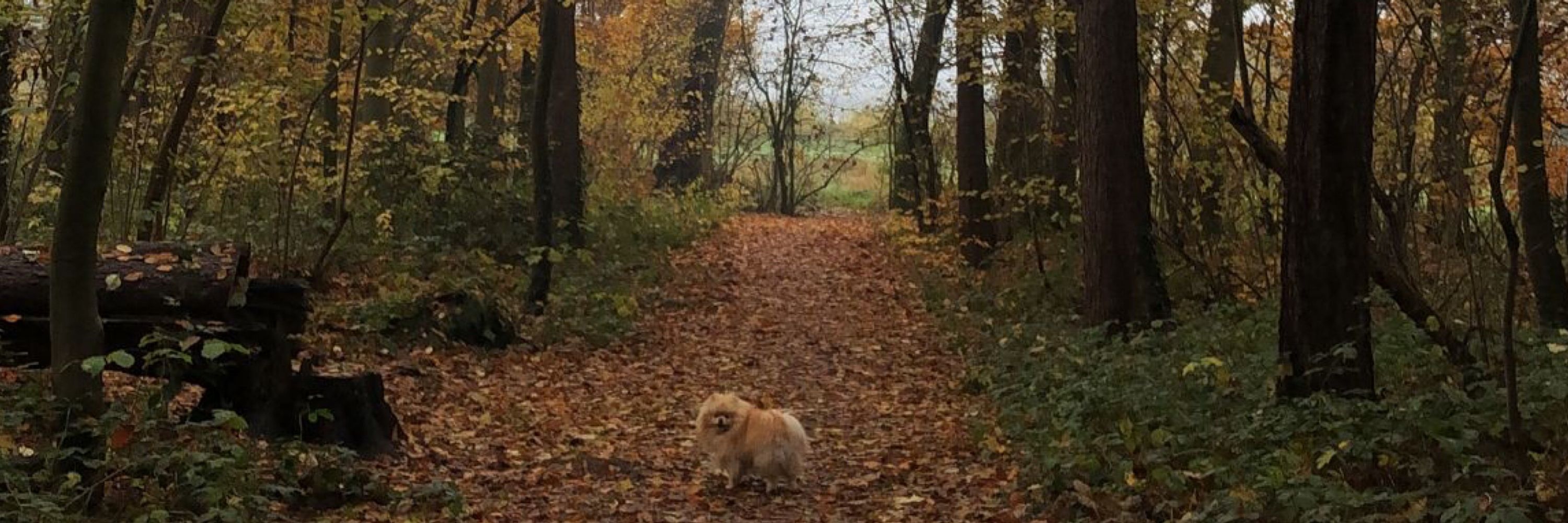
⬇️👇
stukroodvlees.nl/polarisatie-...
⬇️👇
stukroodvlees.nl/polarisatie-...
Is #AffectivePolarization harming democratic support? 💭
@lisajanssen.bsky.social & @turkenburgemma.bsky.social instead suggest an inverted U-shape pattern of #ModeratrePolarization & #ExtremePolarization using data from 🇩🇪🇬🇧 & 🇺🇸
🔗

Is #AffectivePolarization harming democratic support? 💭
@lisajanssen.bsky.social & @turkenburgemma.bsky.social instead suggest an inverted U-shape pattern of #ModeratrePolarization & #ExtremePolarization using data from 🇩🇪🇬🇧 & 🇺🇸
🔗
Register: www.surveymonkey.ca/r/Replicatio...
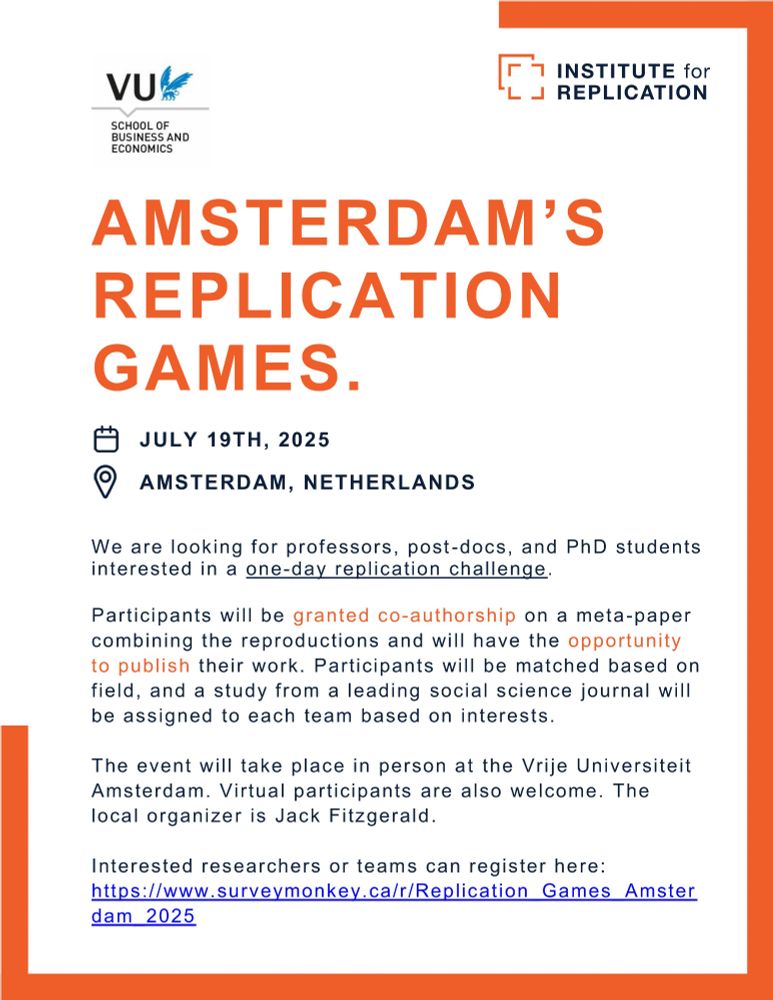
Register: www.surveymonkey.ca/r/Replicatio...
- on ideological stereotypes supervised by me and
@robindevroe.bsky.social www.ugent.be/en/work/scie...
- on losers' consent supervised by @annakern.bsky.social
www.ugent.be/en/work/scie...
Join research group @gasparugent.bsky.social in beautiful Ghent

- on ideological stereotypes supervised by me and
@robindevroe.bsky.social www.ugent.be/en/work/scie...
- on losers' consent supervised by @annakern.bsky.social
www.ugent.be/en/work/scie...
Join research group @gasparugent.bsky.social in beautiful Ghent
We explored what triggered the replication crisis & how it reshaped research across the social sciences. 🧪🔍
Thread ⬇️
#PhDlife #OpenScience
#Reproducibility
We explored what triggered the replication crisis & how it reshaped research across the social sciences. 🧪🔍
Thread ⬇️
#PhDlife #OpenScience
#Reproducibility
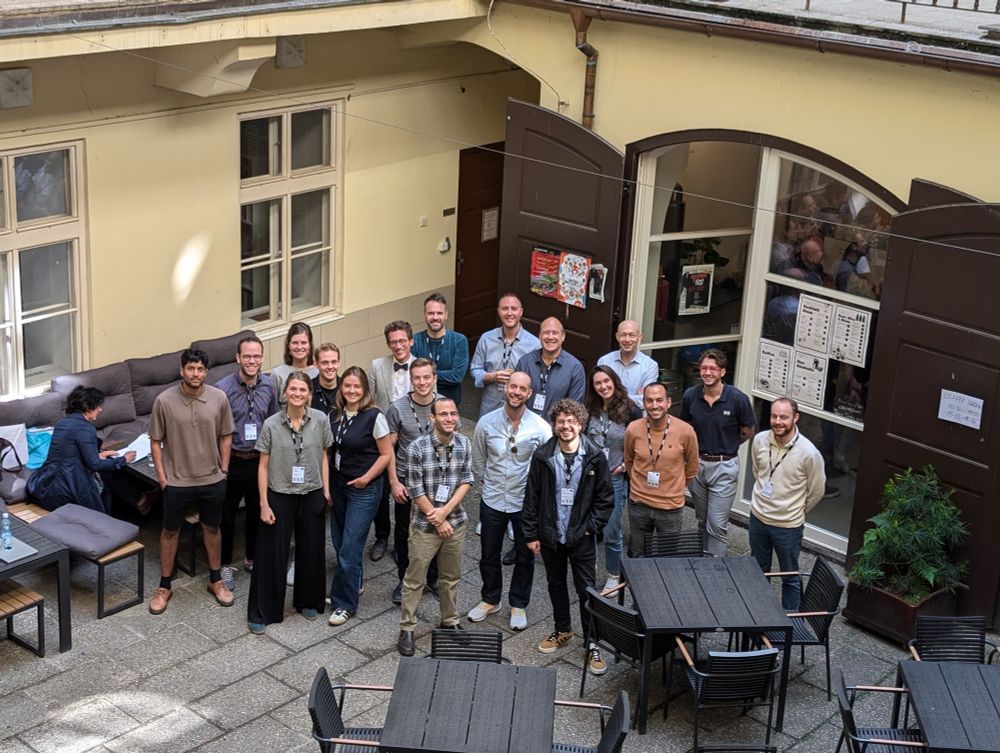




Using survey data from 13 European democracies, we show that electoral winners are less supportive of referendums, especially when they are affectively polarized. 1/6
Paper: doi.org/10.1017/S0007123425000365
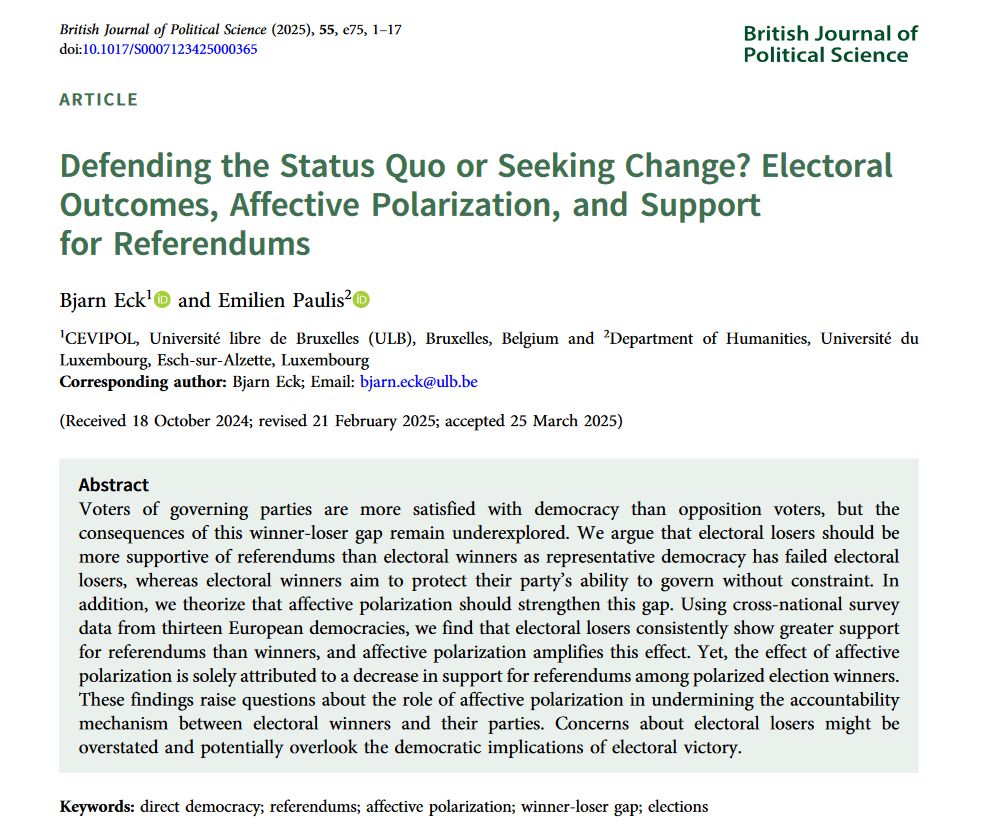
Using survey data from 13 European democracies, we show that electoral winners are less supportive of referendums, especially when they are affectively polarized. 1/6
Paper: doi.org/10.1017/S0007123425000365
Interested in making scholarly & societal impact?
We’re looking for:
🔹 1 Postdoc (100%)
🔹 1 PhD researcher (70%)
Starting: Oct 2025 | Apply by: July 8
More info ⬇️ (1/7)
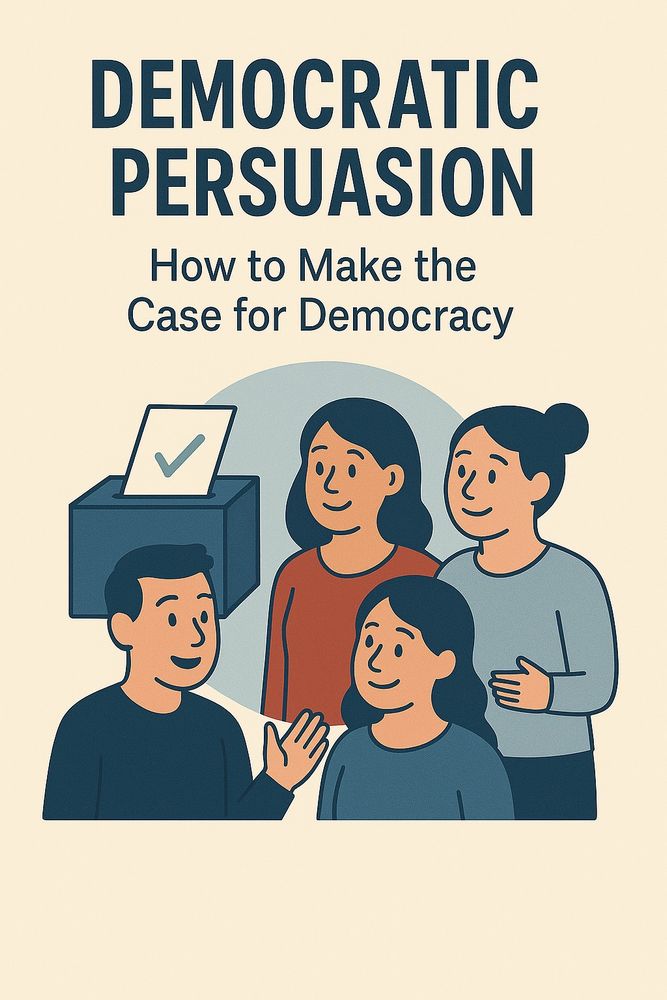
Interested in making scholarly & societal impact?
We’re looking for:
🔹 1 Postdoc (100%)
🔹 1 PhD researcher (70%)
Starting: Oct 2025 | Apply by: July 8
More info ⬇️ (1/7)
Political distrust pushes people away from the status quo, representative democracy. But distrusters are mostly critical citizens: Rather than technocracy or authoritarianism they pull towards direct democracy
link.springer.com/article/10.1...
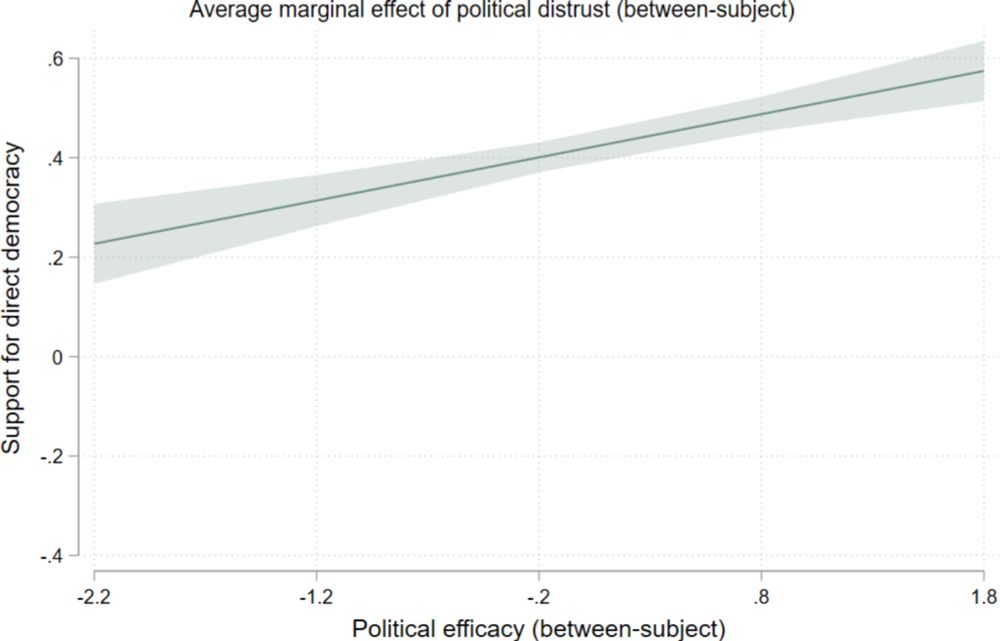
Political distrust pushes people away from the status quo, representative democracy. But distrusters are mostly critical citizens: Rather than technocracy or authoritarianism they pull towards direct democracy
link.springer.com/article/10.1...
First paper of my dissertation now out in EJPR with @bnbakker.bsky.social & @gijsschumacher.bsky.social
Can we measure affective polarization in systems with 6, 10, or even more parties without overburdening respondents or compromising validity? We show how.
Paper: doi.org/10.1111/1475...

First paper of my dissertation now out in EJPR with @bnbakker.bsky.social & @gijsschumacher.bsky.social
Can we measure affective polarization in systems with 6, 10, or even more parties without overburdening respondents or compromising validity? We show how.
Paper: doi.org/10.1111/1475...
@markuskollberg.bsky.social and I examine how coalition government performance shapes affective polarization between coalition partners—and find that it matters.
🧵 1/6
ejpr.onlinelibrary.wiley.com/doi/full/10....
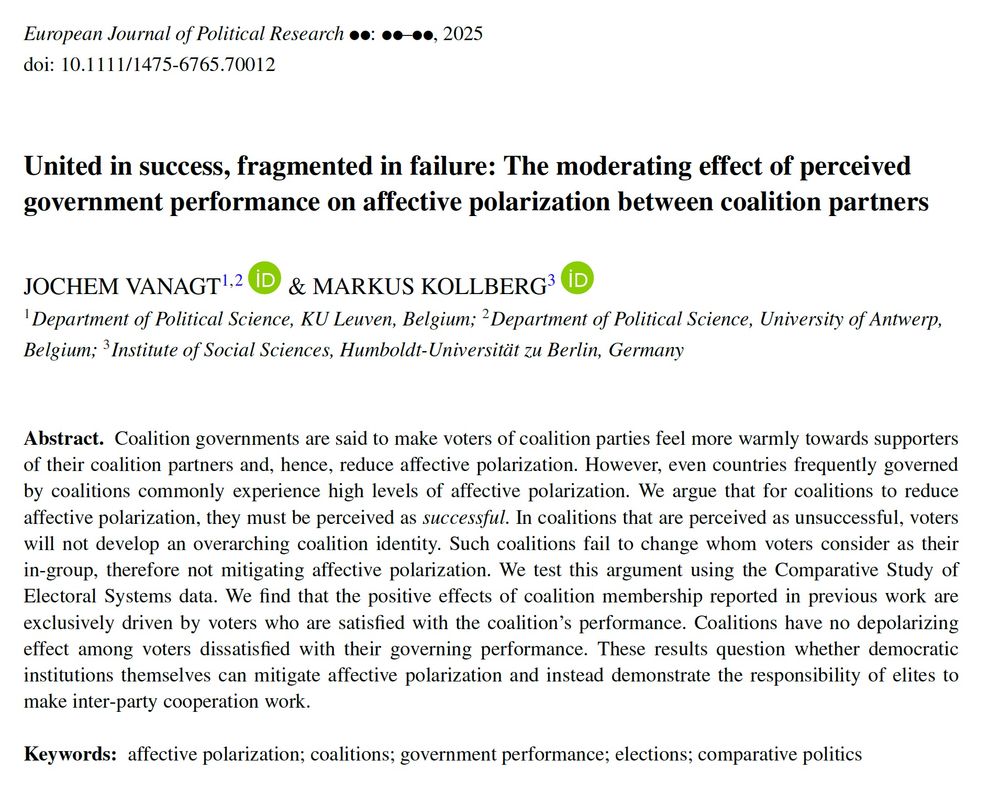
@markuskollberg.bsky.social and I examine how coalition government performance shapes affective polarization between coalition partners—and find that it matters.
🧵 1/6
ejpr.onlinelibrary.wiley.com/doi/full/10....
This Friday, Joep van Lit (Radboud University) will present key insights on democratic decay and the difficulties of democratic defence in our times.
Everyone's welcome - no registration required!
➡️John Vincke room, T1 (Ghent)
🕒 11:00 - 12:00

This Friday, Joep van Lit (Radboud University) will present key insights on democratic decay and the difficulties of democratic defence in our times.
Everyone's welcome - no registration required!
➡️John Vincke room, T1 (Ghent)
🕒 11:00 - 12:00
With @mauritsmeijers.bsky.social, we use a new survey item that we fielded in surveys in five countries to examine who accepts party policy change. Check out the 🧵 by Maurits below for an overview of our findings!
ejpr.onlinelibrary.wiley.com/doi/10.1111/... 1/n

With @mauritsmeijers.bsky.social, we use a new survey item that we fielded in surveys in five countries to examine who accepts party policy change. Check out the 🧵 by Maurits below for an overview of our findings!


The first pack filled up quickly.
If you requested to be included and don’t see your name here, please reach out again—I might have missed your message
go.bsky.app/CAMXbym
Let me know if you want to be added
go.bsky.app/MUYzY5P
The first pack filled up quickly.
If you requested to be included and don’t see your name here, please reach out again—I might have missed your message
go.bsky.app/CAMXbym

📢Can moderate levels of affective polarization actually be beneficial for citizens’ democratic attitudes?
shorturl.at/MQ1fY
In EJPR, @turkenburgemma.bsky.social and I show that the relationship between AP and democratic support is more nuanced than previously assumed

📢Can moderate levels of affective polarization actually be beneficial for citizens’ democratic attitudes?
shorturl.at/MQ1fY
In EJPR, @turkenburgemma.bsky.social and I show that the relationship between AP and democratic support is more nuanced than previously assumed
Do you work on citizens' democratic commitments? Join our workshop at the @ecpr-ead.bsky.social Joint Sessions in Prague!!
Deadline: November 21st
ecpr.eu/Events/Event...
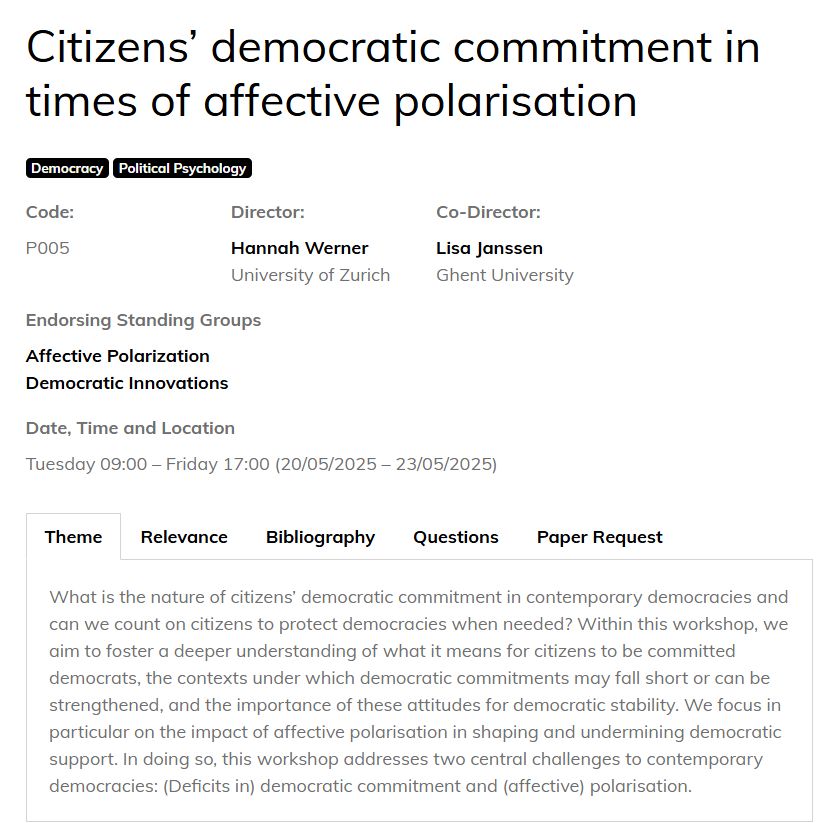
Do you work on citizens' democratic commitments? Join our workshop at the @ecpr-ead.bsky.social Joint Sessions in Prague!!
Deadline: November 21st
ecpr.eu/Events/Event...
osf.io/5nhtg/


osf.io/5nhtg/
In this note with @turkenburgemma.bsky.social , we document a non-linear relationship between affective polarization (AP) and democratic support.
These results can explain previous mixed findings and emphasize a potential silver lining of AP 👇
osf.io/5nhtg/

In this note with @turkenburgemma.bsky.social , we document a non-linear relationship between affective polarization (AP) and democratic support.
These results can explain previous mixed findings and emphasize a potential silver lining of AP 👇
osf.io/5nhtg/
We will learn about various quantitative methods that attempt to uncover causal relationships (panel data, instrumental variable approaches, and more)

We will learn about various quantitative methods that attempt to uncover causal relationships (panel data, instrumental variable approaches, and more)
notlikeus.be
This project is a collaboration of Political Science researchers from seven Belgian universities (KULeuven UAntwerpen, UCLouvain, UGhent, ULBruxelles, UNamur, VUBrussel).
notlikeus.be
This project is a collaboration of Political Science researchers from seven Belgian universities (KULeuven UAntwerpen, UCLouvain, UGhent, ULBruxelles, UNamur, VUBrussel).

